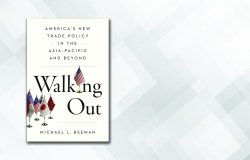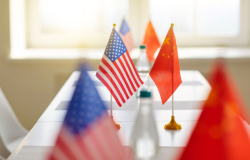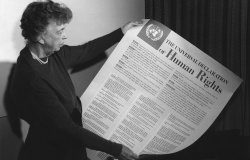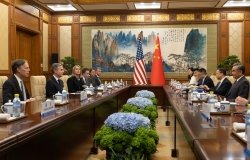Redefining U.S. Economic Rivalries in Asia
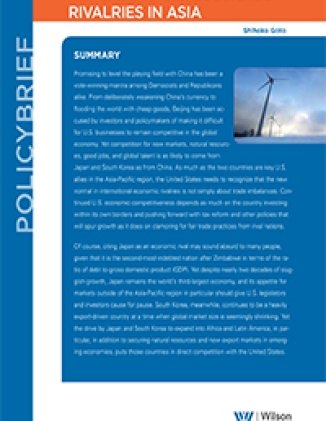

Promising to level the playing field with China has been a vote-winning mantra among Democrats and Republicans alike. From deliberately weakening China’s currency to flooding the world with cheap goods, Beijing has been accused by investors and policymakers of making it difficult for U.S. businesses to remain competitive in the global economy. Yet competition for new markets, natural resources, good jobs, and global talent is as likely to come from Japan and South Korea as from China. As much as the two countries are key U.S. allies in the Asia-Pacific region, the United States needs to recognize that the new normal in international economic rivalries is not simply about trade imbalances. Continued U.S. economic competitiveness depends as much on the country investing within its own borders and pushing forward with tax reform and other policies that will spur growth as it does on clamoring for fair trade practices from rival nations.
Of course, citing Japan as an economic rival may sound absurd to many people, given that it is the second-most-indebted nation after Zimbabwe in terms of the ratio of debt to gross domestic product (GDP). Yet despite nearly two decades of sluggish growth, Japan remains the world’s third-largest economy, and its appetite for markets outside of the Asia-Pacific region in particular should give U.S. legislators and investors cause for pause. South Korea, meanwhile, continues to be a heavily export-driven country at a time when global market size is seemingly shrinking. Yet the drive by Japan and South Korea to expand into Africa and Latin America, in particular, in addition to securing natural resources and new export markets in emerging economies, puts those countries in direct competition with the United States.
About the Author

Shihoko Goto
Shihoko Goto is the director the Indo-Pacific Program at the Wilson Center. Her research focuses on the economics and politics of Japan, Taiwan, and South Korea, as well as US policy in Northeast Asia. A seasoned journalist and analyst, she has reported from Tokyo and Washington for Dow Jones and UPI on the global economy, international trade, and Asian markets. A columnist for The Diplomat magazine and contributing editor to The Globalist, she was previously a donor country relations officer for the World Bank and has been awarded fellowships from the East-West Center and the Knight Foundation, among others.
Read More
Indo-Pacific Program
The Indo-Pacific Program promotes policy debate and intellectual discussions on US interests in the Asia-Pacific as well as political, economic, security, and social issues relating to the world’s most populous and economically dynamic region. Read more
